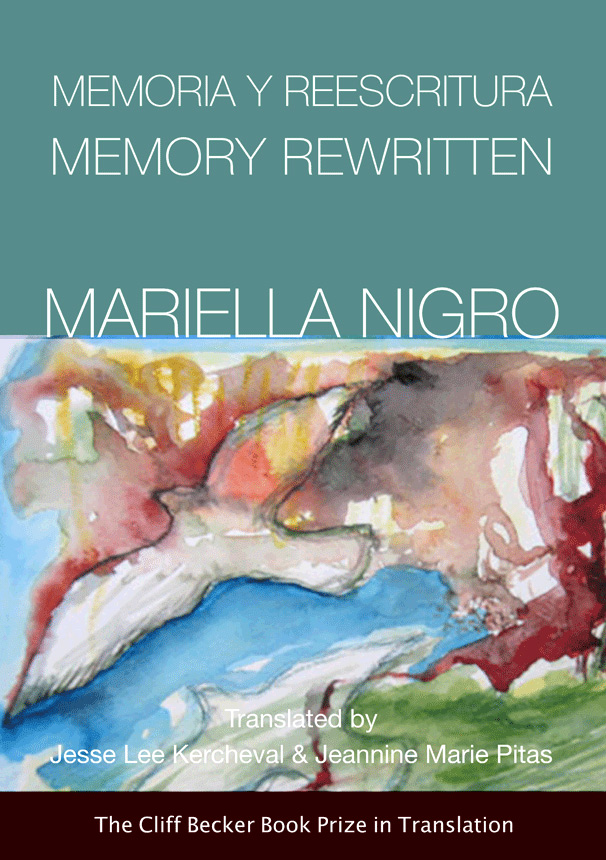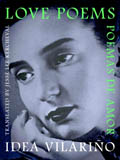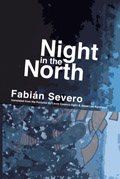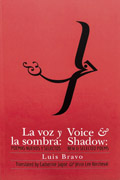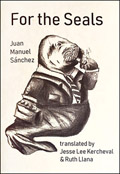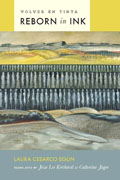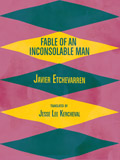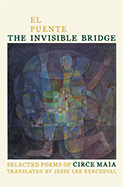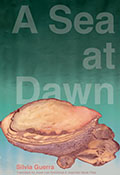
by Silvia Guerra
(bilingual, Spanish/English)
Edited and translated by Jesse Lee Kercheval and Jeannine Marie Pitas, Eulalia Books, 2023, (ISBN 9798986353920).
“The poems in A Sea at Dawn, in both the original Spanish and Pitas and Kercheval’s illuminating translation, are a profound gift for English language readers’ first encounter with Silvia Guerra’s poetry. This collection introduces the vast poetic scope, the fascinating musicality, and the often beautifully incomprehensible syntax of one of Uruguay’s significant contemporary poets. My gratitude to Pitas and Kercheval for not only providing us this generous sample of Guerra’s oeuvre but also for their insightful Afterword—read it first!—which provides an important cipher for understanding Guerra’s poetics and their translation practice, ultimately bringing us closer to an experience of ‘the final edge of those chambers/ a reverberation…the speech of a secret world.’ ”
—Curtis Bauer
“The poems are dense without being claustrophobic, innovative without being gimmicky, and truly, refreshingly strange. Looking at the world after spending time inside this book is like returning from space—your bones a little lighter, your eye shape a bit different because of the effects of artificial gravity and therefore what you see a little warped but also, somehow, truer for having been warped by having been so close to the cosmic.”
—Connor Bracken, Reading in Translation
“In her panoramic, evocative poems, [Silvia Guerra] invites all kinds of life, organic and inorganic, to speak, thereby creating a delightfully strange linguistic landscape that is equally alien and welcoming to the voices of the world, all at once. For those that have read her in Spanish, it might seem that translating Guerra might seem an exercise in futility.... Instead, contemplating Guerra’s intricate verbal designs allowed the translators to experience ‘lost and found’ moments—instances where English revealed its ability to produce accomplices to Guerra’s ‘extremely innovative soundscapes’ and formulations. ... Kercheval and Pitas’ afterword shows that reading Guerra in translation not only allows one to experience her mysterious Spanish transformed into English (A Sea at Dawn being a bilingual edition), but leaves our image of English irrevocably altered by her expansive, multipotential approach to language....
Guerra’s approach isn’t just powerful, it is also extremely versatile. Throughout A Sea at Dawn, we find quiet joy and absolute desolation, feminine experiences and a fictionalized biography of Lautréamont, linguistic exploration and observations on art, all rendered beautifully into English by Kercheval and Pitas. As a first-time reader of Guerra’s writing, I was both dizzied and enamored by its delicious heterogeneity; upon finishing the collection, I was left thinking that A Sea at Dawn is one of what Roberto Bolaño called ‘torrential works, books that blaze paths into the unknown.’ ”
—Sofija Popovska, Asymptote
